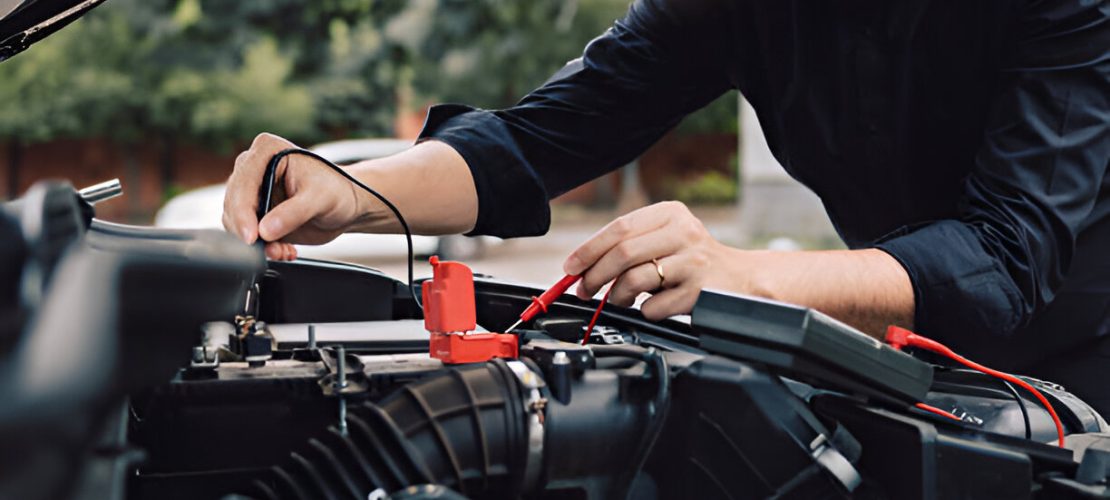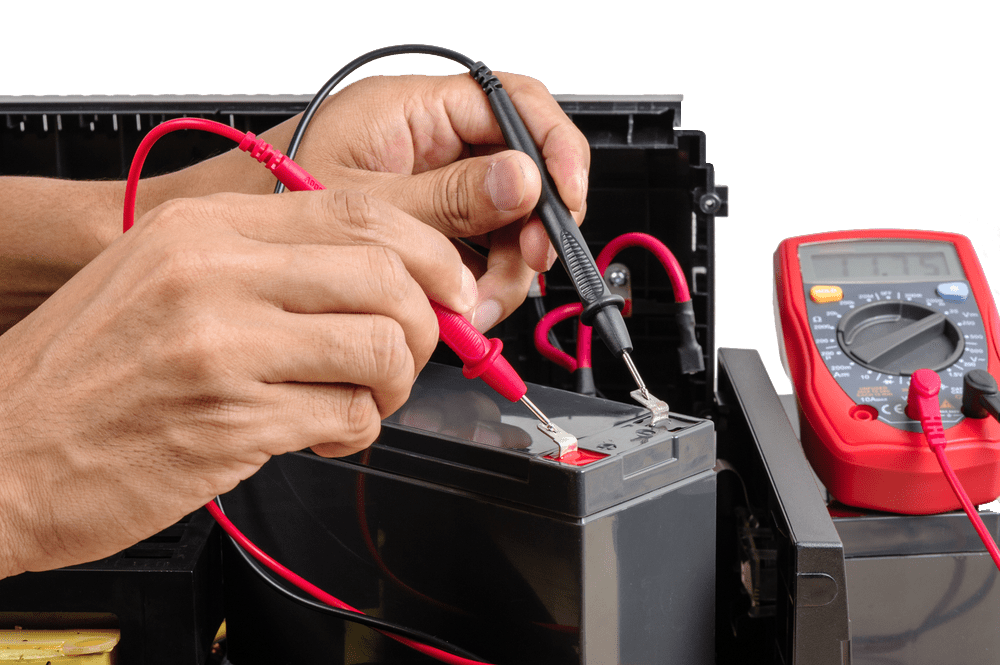- 16 Mar 2025
Does it Matter which Car Battery I Use?

Choosing the right car battery I use is essential for ensuring the reliability and efficiency of a vehicle. A mismatched car battery can lead to poor performance, electrical failures, and costly repairs. Understanding the differences between batteries and how they affect your vehicle can help you make an informed decision.
Why the Right Car Battery Matters
1. Compatibility with Your Vehicle
Not all car batteries are the same. The car battery I use must match the specifications outlined by the manufacturer, including size, voltage, and cold cranking amps (CCA). Using an incompatible battery may lead to poor electrical performance and starting issues.
2. Impact on Electrical Systems
A mismatched battery can affect your vehicle’s electrical system. Modern cars rely on advanced electronics, and using the wrong car battery can cause flickering lights, malfunctioning infotainment systems, and weak power accessories.
3. Longevity and Performance
The car battery I use should have the correct capacity and technology to support my vehicle. An incorrect battery may drain faster, leading to frequent replacements and unnecessary expenses.
How to Choose the Right Car Battery
1. Understanding Battery Types
There are different types of car batteries, including:
- Calcium Batteries – Traditional and affordable but require maintenance.
- AGM (Absorbent Glass Mat) Batteries – More durable and ideal for modern vehicles with high electrical demands.
- Lithium-Ion Batteries – Lightweight and long-lasting but expensive.
2. Checking Manufacturer Recommendations
Every vehicle has specific battery requirements. Checking your owner’s manual ensures that the car battery I use is compatible with your engine’s needs.

3. Matching Cold Cranking Amps (CCA)
CCA measures the battery’s ability to start the engine in cold conditions. Selecting the correct car battery with the recommended CCA prevents starting issues in extreme weather.
4. Ensuring Correct Size and Fit
A car battery must fit securely in the battery tray to prevent vibrations and disconnections. Using the wrong size can lead to poor connections and potential electrical faults.
5. Verifying Reserve Capacity (RC)
RC indicates how long a battery can supply power if the alternator fails. A battery with a higher RC provides better backup during unexpected breakdowns.
Common Mistakes When Choosing a Car Battery
1. Ignoring Battery Specifications
Choosing a car battery based on price rather than specifications can lead to poor performance and frequent failures.
2. Overlooking Climate Conditions
Different car batteries perform differently depending on the climate. Cold weather requires a higher CCA rating, while hot climates benefit from batteries with strong heat resistance.
3. Buying the Cheapest Option
A low-cost battery may not provide the durability and reliability required for your vehicle. Investing in a high-quality car battery I use ensures long-term performance.
How to Maintain Your Car Battery for Longevity
1. Regular Inspections
Checking for corrosion, leaks, and loose connections helps maintain a healthy car battery.
2. Keeping It Fully Charged
Avoid deep discharges and keep the battery charged by driving regularly or using a trickle charger when the vehicle is not in use.
3. Cleaning the Terminals
Corrosion can affect battery performance. Cleaning the terminals with a mixture of baking soda and water prevents poor connections.
4. Avoiding Short Trips
Short drives do not allow the alternator to fully recharge the car battery I use. Longer drives help maintain battery health.
When to Replace Your Car Battery
1. Slow Engine Crank
If your engine takes longer to start, it may be time to replace the car battery I use.
2. Dimming Lights and Electrical Issues
Weak headlights and malfunctioning electronics indicate a failing battery.
3. Frequent Jump Starts
Needing jump starts often is a sign that the car battery can no longer hold a charge.
4. Swollen or Leaking Battery
A bloated or leaking battery must be replaced immediately to prevent damage to the vehicle.
Conclusion
Choosing the right car battery I use significantly impacts vehicle performance, safety, and longevity. By selecting a battery that meets manufacturer specifications, considering climate factors, and maintaining proper care, drivers can ensure optimal performance. Investing in a high-quality car battery prevents unexpected failures and costly repairs.















